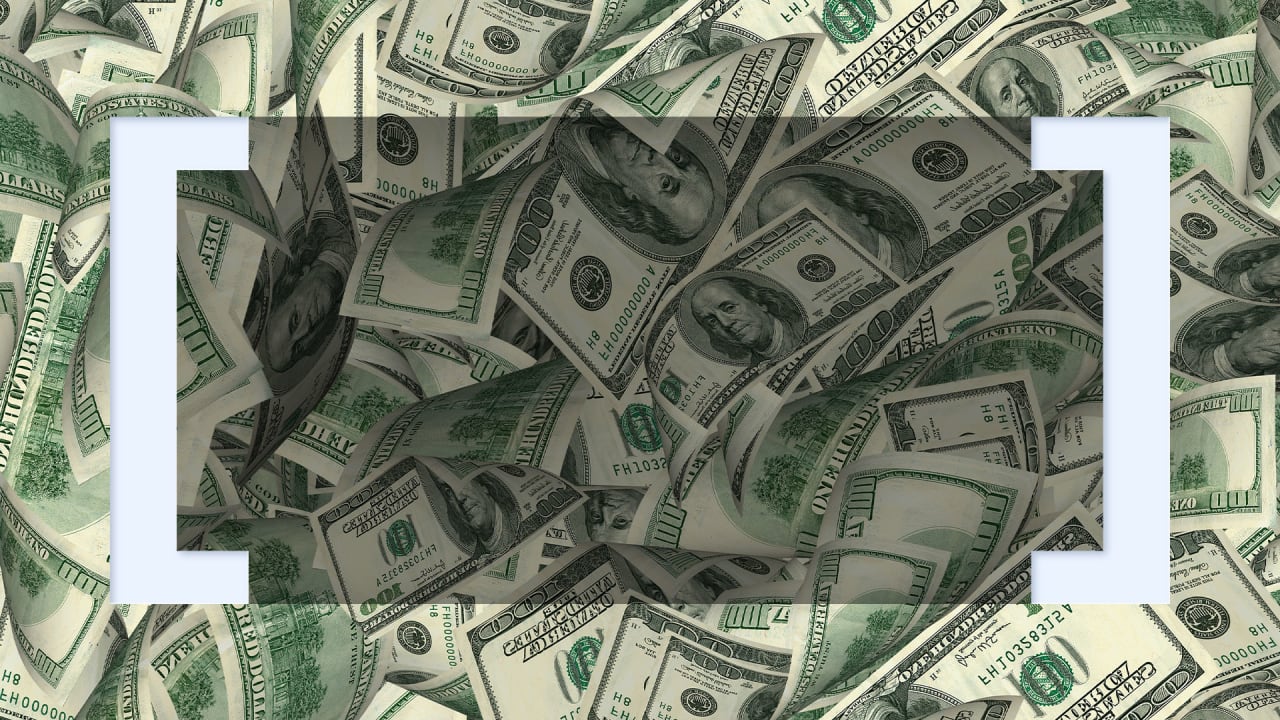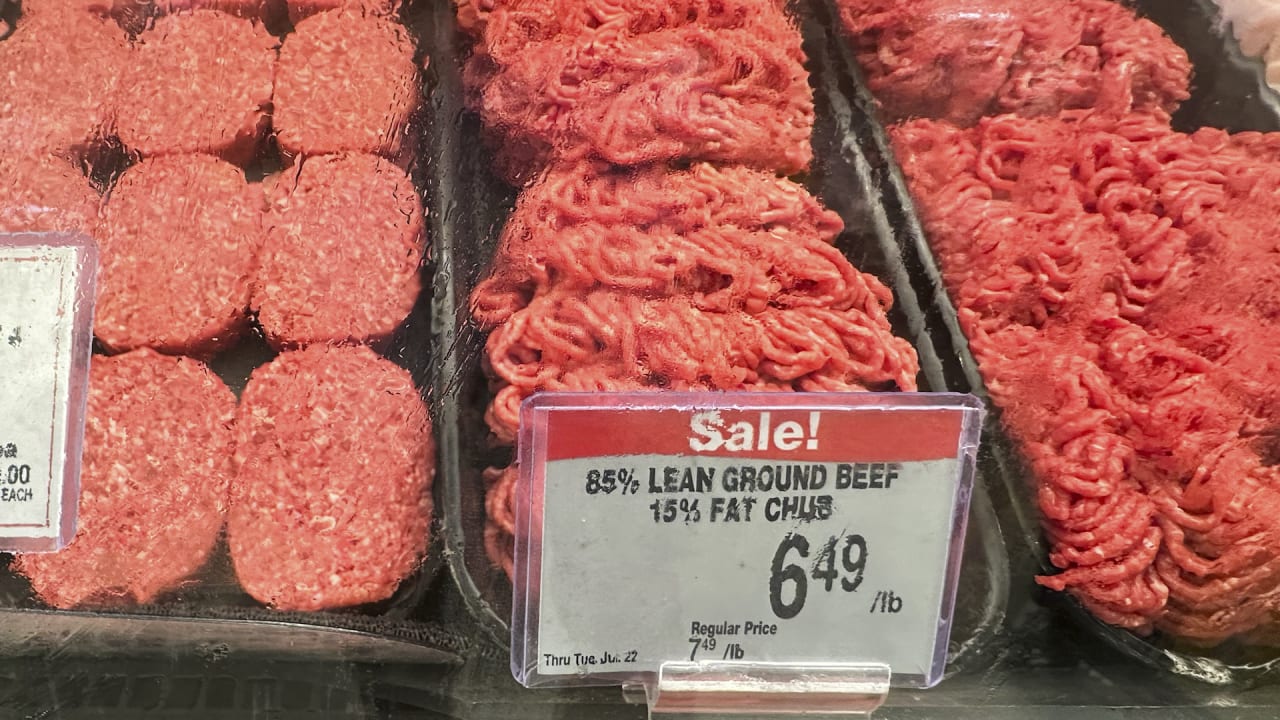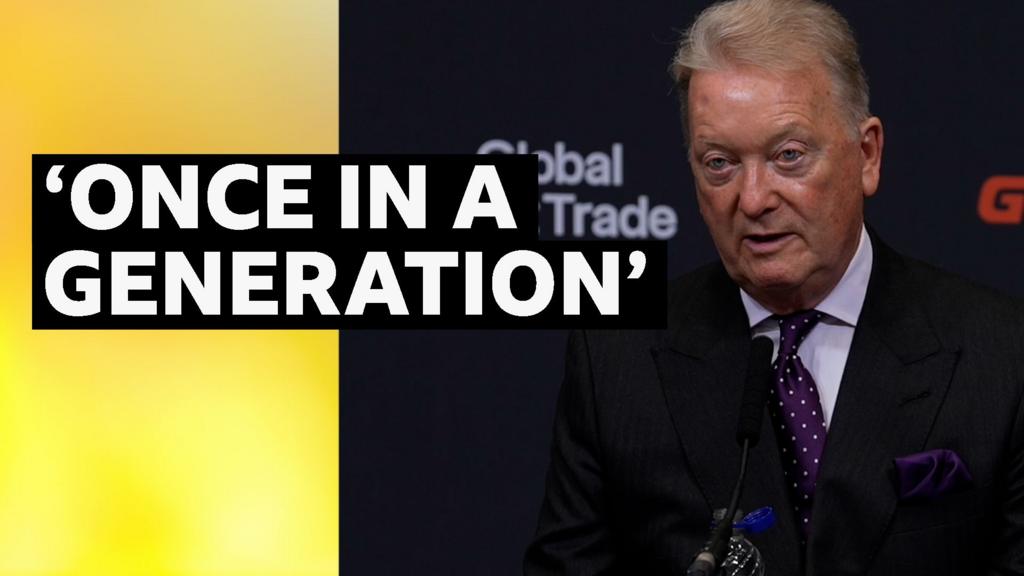Here’s exactly how much you’ll save on your 2026 taxes, by income bracket: Trump Big Beautiful Bill benefits

Now that President Donald Trump’s so-called Big Beautiful Bill is the law, you’re probably wondering how much you’ll save on your taxes when you file next year. The Tax Policy Center (TPC), a nonpartisan think tank staffed by the Urban Institute and the Brookings Institution, has crunched the numbers. Here’s a rundown.
What does the new tax bill do?
Trump’s One Big Beautiful Bill Act (OBBBA), offers Americans a number of tax benefits by extending the 2017 Tax Cuts and Jobs Act (TCJA), making many of the changes permanent, plus adding some new short- and long-term tax rules.
Those changes include certain business and international tax rules, and revenue raising provisions—including the repeal of various energy tax incentives, according to the TPC.
What is the average 2026 tax savings from Trump’s Big Beautiful Bill?
An analysis from the Tax Policy Center shows the new law would reduce taxes for Americans by about $2,900 on average in 2026, with some 85% of households receiving a tax cut in 2026. That figure will drop to just 70% in 2030, after some provisions are phased out.
But notably, almost 60% of the tax benefits would go to those in the top quintile, or one-fifth of earners, with incomes of $217,000 or more. It’s fair to say higher-income Americans are more likely to see larger tax benefits than lower-income taxpayers.
Overall, about 4% of households would see their taxes go up in 2026; that percentage would increase to about 10% in 2030.
How much will each income bracket save on their 2026 taxes?
According to the data compiled by the Tax Policy Center, here’s how much the average 2026 tax savings will be for each of the five quintiles of income, as well as the top 1% and 0.1%:
- Bottom 20% ($0-$34,600 income range):
- $150
- Second quintile ($34,601-$66,800):
- $750
- Third quintile ($66,801-$119,200):
- $1,780
- Fourth quintile ($119,201-$217,100):
- $3,460
- Top 20% ($217,101 and above):
- $12,540
- Top 1% ($1,149,000 and above):
- $75,410
- Top 0.1% ($5,184,900 and above):
- $286,440
What are some specific tax benefits included in the new bill?
There are a number of new tax write-offs and credits, including: the “No Tax on Tips” provision (which allows eligible tipped workers to deduct a portion of their income from tips on their federal income taxes), a car loan deduction, one for charitable donations, and a child credit.
What's Your Reaction?
 Like
0
Like
0
 Dislike
0
Dislike
0
 Love
0
Love
0
 Funny
0
Funny
0
 Angry
0
Angry
0
 Sad
0
Sad
0
 Wow
0
Wow
0




























































































